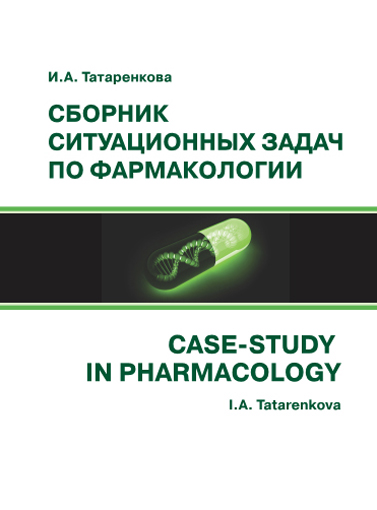
Научная электронная библиотека
Монографии, изданные в издательстве Российской Академии Естествознания
INTRODUCTION
This book helps you assess and review your knowledge of pharmacology in a way that addresses both your intensive and extensive knowledge of the subject, your expected knowledge of basic facts, and your ability to apply facts and concepts to some common (yet perhaps new, to you) clinical situations.
Before you work on the questions or your studying overall, try organizing things in these ways, and aim to accomplish the following:
● Be able to identify main drug classes, recognizing that sometimes we use more than one classification scheme, e.g., chemical, by main mechanism(s) of action, and by clinical use. And be able to cite a prototype drug for each. Conversely, give a prototype or otherwise representative drug, be able to work backward, and know the rest of the most relevant information.
● Be able to recognize the most common and/or most important (e.g., serious or life-threatening) side effects or adverse responses for the main drugs or drug classes.
● Learn to recognize that intended effects or side effects that you simply should know give you a good idea of what relevant precautions or contraindications are, even if you haven’t been taught about the latter, even if your learning focus hasn’t been too clinical.
You should be able to use your basic knowledge of pharmacology and drug action, and of physiology and pathophysiology, to piece things together and get at the correct (or most logical) answer.
What students often cite as a low-yield question is actually basic but “must know” information, and just because you automatically know or recognize the answer doesn’t mean that the information isn’t important or that your ability to recognize it shouldn’t be evaluated. Conversely, some
students have called certain questions low yield simply because they haven’t learned about the facts and concepts addressed in the question.
It is in some ways rewarding to answer an ostensibly complicated or detailed question correctly, but you don’t want to find yourself so bogged down in knowledge the details that you miss seeing the more important big picture. You have had an abundant amount of information about pharmacology presented to you, but that’s only the foundation of a broad knowledge and experience base on which you’ll build over the coming years.
